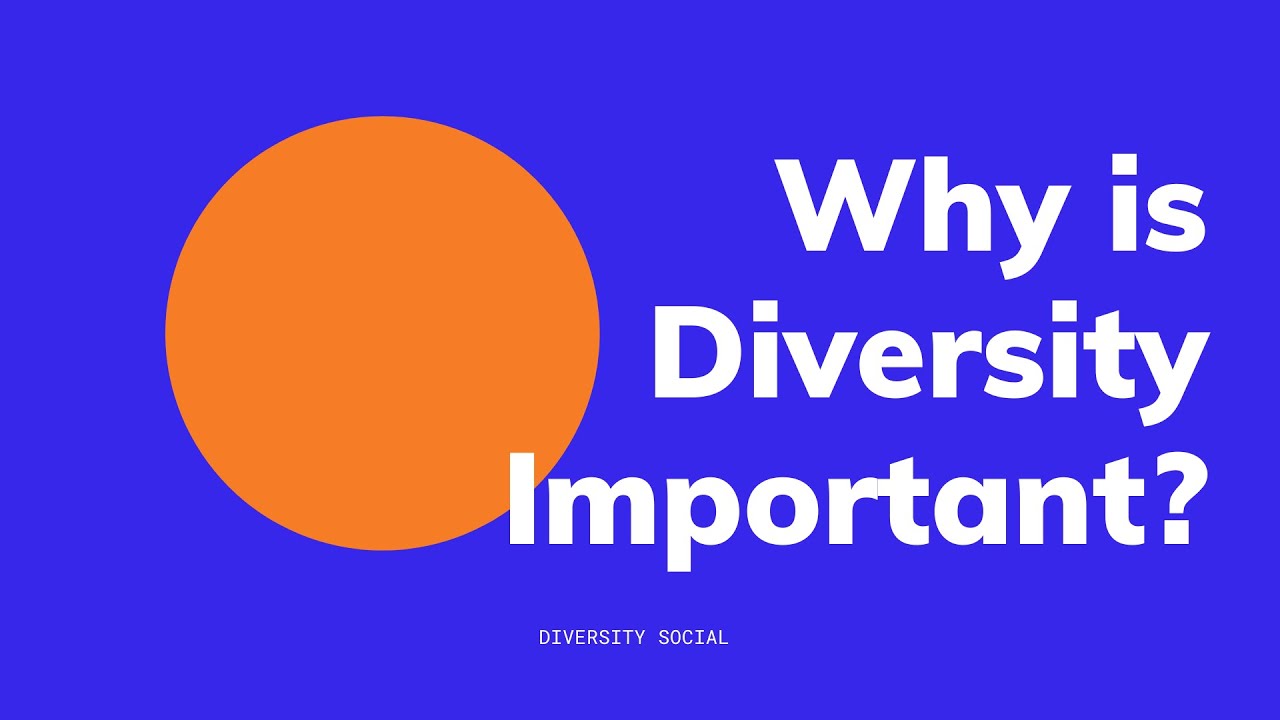Data Science is a rapidly evolving field with the potential to transform businesses, industries, and our daily lives. As demand for skilled data professionals grows, it is crucial to ensure workforce diversity to tap into the full spectrum of talent available. One significant area of concern is the gender gap in Data Science. This article delves into the current state of the gender gap, why diversity matters, and how institutions like the University of Texas Austin are playing a role in bridging this gap through their Data Science and Business Analytics Course, PG Program in Data Science and Business Analytics, and other UT Austin online courses.
The Current State of the Gender Gap in Data Science
Despite the growing demand for data professionals, women continue to be underrepresented in Data Science roles. In the USA, women make up only around 27% of data professionals, significantly lower than their representation in the overall workforce. This disparity is even more pronounced in leadership positions, with a mere 19% of women occupying C-suite data roles.
Factors Contributing to the Gender Gap
Several factors contribute to the gender gap in Data Science. Some of these factors include:
Societal Stereotypes: Social conventions and preconceived ideas often dissuade young women from pursuing careers in the fields of science, technology, engineering, and mathematics, resulting in a reduced number of female professionals in the data industry.
Lack of Role Models: A scarcity of female role models in Data Science further perpetuates the stereotype that the field is male-dominated, discouraging young women from considering it as a viable career path.
Unconscious Bias: Biases in hiring and promotion processes may also contribute to the gender gap. Research has indicated that females are frequently subjected to stricter assessments than males in performance evaluations, leading to their achievements being underestimated or disregarded.
Education and Training: Insufficient focused educational and instructional initiatives for females in Data Science may impede their advancement in the domain.
Work-Life Balance: Challenges in maintaining a work-life balance, especially for women with family responsibilities, can also contribute to the gender gap in Data Science.
Why Diversity Matters in Data Science?
A diverse workforce is essential in Data Science for several reasons:
Improved Decision-making: Diverse teams bring varied perspectives and experiences, resulting in more comprehensive analyses and better-informed decisions.
Enhanced Creativity and Innovation: A staff that embodies diverse genders, ethnicities, and backgrounds is apt to produce fresh concepts and inventive resolutions to intricate predicaments.
Elimination of Bias: A diverse team can help identify and eliminate biases in data and algorithms, ensuring that the insights generated are more accurate and inclusive.
Increased Profitability: Research has indicated that companies with a greater variety of employees are inclined to surpass their less diverse equivalents in regard to financial gain.
Better Representation: A diverse workforce in Data Science ensures that the field is more representative of the population it serves, leading to more inclusive insights and solutions.
How UT Austin’s Data Science and Business Analytics Programs are Addressing the Gender Gap?
The University of Texas at Austin is actively working to bridge the gender gap in Data Science through various initiatives, including its comprehensive Data Science and Business Analytics Course, PG Program in Data Science and Business Analytics, and other UT Austin online courses.
Encouraging Female Participation: UT Austin actively encourages women to enroll in their Data Science and Business Analytics programs, providing a supportive and inclusive learning environment that helps women develop the skills and confidence needed to excel in the data profession.
Collaboration with Industry Partners: The University collaborates with industry partners to ensure that their programs, such as the PGP DSBA, are aligned with current industry needs and trends. This collaboration helps ensure that female graduates are equipped with the skills and knowledge that employers are seeking.
Networking Opportunities: UT Austin fosters connections between female students and established women professionals in the field, providing valuable networking opportunities and access to potential mentors and role models.
Scholarships and Financial Aid: The University offers various scholarships and financial aid options to make their programs more accessible to female students, helping to reduce the financial barriers to entry.
Engaging in Outreach Programs: UT Austin participates in outreach programs aimed at inspiring and engaging young women in STEM fields. By raising awareness about the opportunities in Data Science and Business Analytics, these initiatives help break down stereotypes and encourage more women to consider careers in the field.
Promoting Diversity and Inclusion: The institution actively promotes for variety and inclusivity among its campus community and urges students, professors, and personnel to participate in discussions regarding the significance of diversity in Data Science and other areas.
Curriculum Design: UT Austin’s Data Science and Business Analytics courses emphasize the importance of diverse perspectives and address real-world challenges that impact various demographics, encouraging students to appreciate the value of inclusivity in data-driven decision-making.
Supportive Learning Environment: The University fosters a collaborative and inclusive learning environment, which allows women students to build confidence, develop their skills, and thrive in the field of Data Science.
Flexibility in Learning: UT Austin’s online courses, such as the Data Science and Business Analytics Course and Post Graduate Program in Data Science and Business Analytics, offer flexibility for women to balance their personal and professional commitments while pursuing their education.
Encouraging Research: The University supports research initiatives that focus on understanding and addressing the gender gap in Data Science, promoting a more inclusive and diverse field.
Conclusion
The gender gap in Data Science is a pressing issue that demands attention from all stakeholders, including educational institutions, industry partners, and policymakers. By promoting diversity and inclusivity, we can ensure that the field of Data Science benefits from the wealth of talent and perspectives that a diverse workforce brings. The University of Texas Austin is playing a key role in bridging the gender divide in the field of Data Science by offering courses such as the Data Science and Business Analytics Course and the Post Graduate Program in Data Science and Business Analytics. These programs equip women with the necessary expertise, tools, and encouragement to excel in their Data Science careers. By working together to bridge the gender gap, we can foster a more diverse and innovative data-driven future.
Author Bio
Nisha Nemasing Rathod works as a Technical Content Writer at Great Learning, where she focuses on writing about cutting-edge technologies like Cybersecurity, Software Engineering, Artificial Intelligence, Data Science, and Cloud Computing. She holds a B.Tech Degree in Computer Science and Engineering and is knowledgeable about various programming languages. She is a lifelong learner, eager to explore new technologies and enhance her writing skills.









